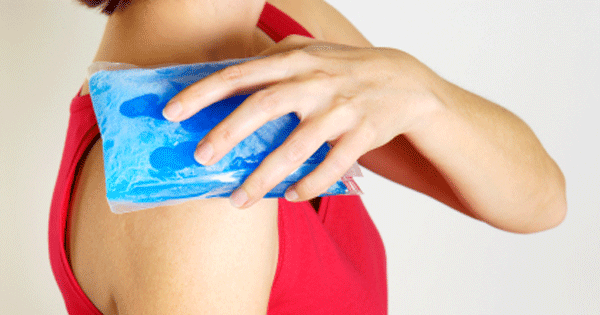Advertisement
Many tend to assume that if you are sore the day after a hard workout, you are doing something right--however, that may not be so. According to experts, the feeling is not, in fact, a reliable measure of your fitness progress.
“If someone gets really sore, it doesn't indicate they’re building more or less muscle, or did more or less damage, per se. It’s usually just a novel stimulus,” says Peak Performance trainer Ethan Grossman, who’s worked extensively with professional athletes and physical therapists and has degree in exercise science. “You feel accomplished. But feeling like crap doesn't necessarily mean you’re getting closer to making changes in your body.”
What Grossman means by "novel stimulus" is that you've switched up your routine and surprised your body with something new. If you regularly go for a 4-mile run every night, but switch it up with a kickboxing class one night, you are using new muscles and using them in different ways, so it's no wonder you'll be sore for 24 hours.
"Soreness also tends to occur with lots of eccentric (lengthening) muscle contractions, which you can think of as the “lowering” or “decelerating” phase in a weight-bearing exercise," he continues.
If you're having a particularly sore day, try active-resting exercising for the day to allow your body time to recover. “If you’re extremely sore in a particular area, I probably wouldn’t recommend training that area again,” he says. "Instead, do something at a lower intensity that will get blood flowing to the muscles but not over-tax them. You could also focus on concentric movements so you don’t just keep piling on soreness."
Changing up your routine every once in a while is great for your overall workouts, but the key to long-term success is exactly that--changing your routine every once in while.
“It’s expected and normal and fine if you experience soreness, but people associate that soreness with progress,” Refine Method founder Brynn Jinnett says. “In a good program, you should be sore, and then not sore. And then you should be sore again if you add weight or change up an exercise.”
To put another way, constant soreness and pain does not necessarily mean you are gaining muscle--it probably just means you're piling on new movements.
What do you think about this? When was the last time you were sore? Let us know what workout routine you follow in the comments!




